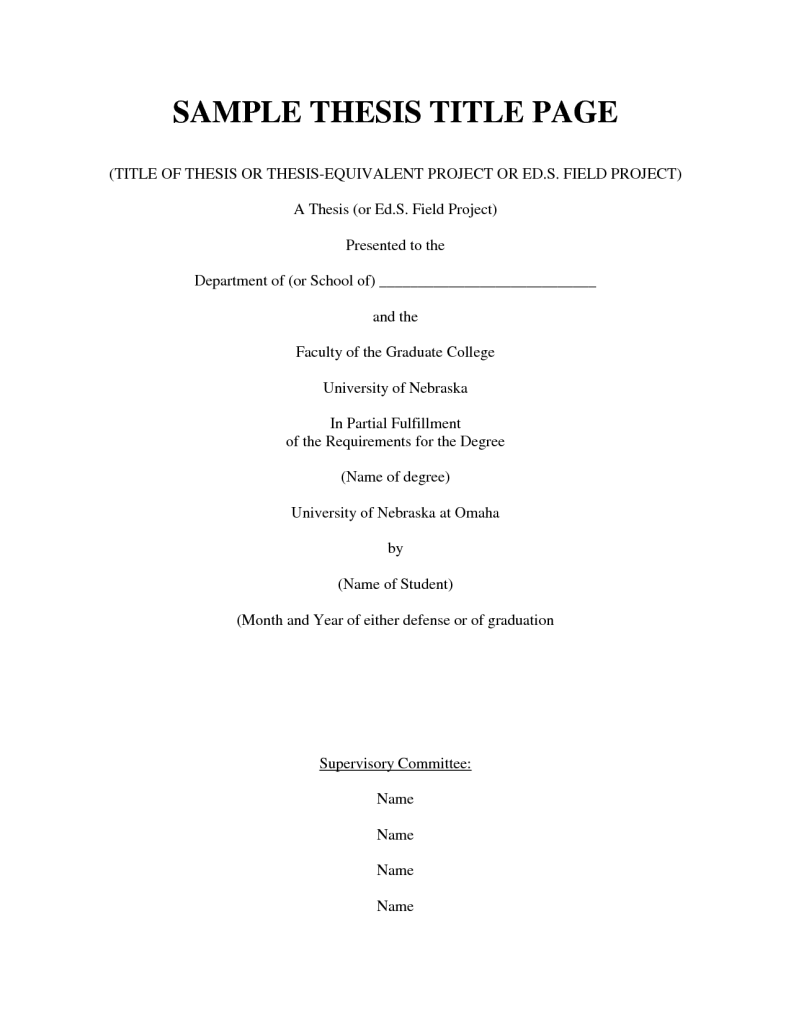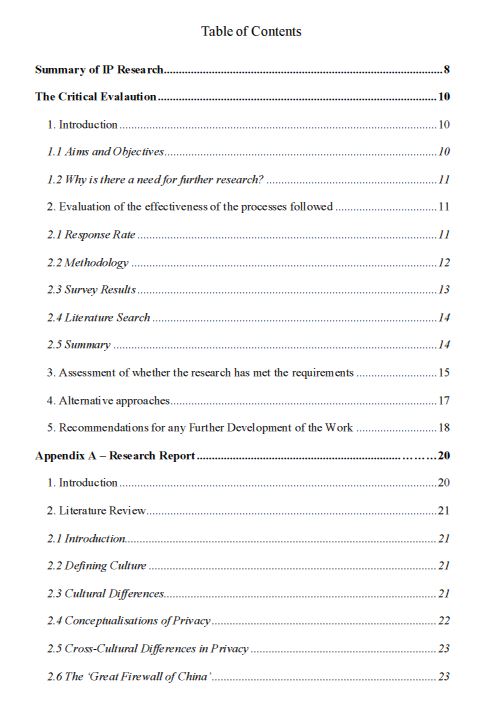The Benefits of Buying Sample Dissertations
Title: The Benefits of Buying Sample Dissertations. During times of uncertainty during your studies, it is becoming more commonplace for university students to look at options to help them with their studies. The first port of call is often the internet, searching for material that would help in certain areas of study. Another method students undertake is to look at existing material that has been submitted in their own area of study.
This is something I did throughout my time spent in education but you have to be smart enough not to plagiarism any material. I often looked at assignment and dissertations that have been submitted into universities across the world. I refer to this as looking at sample dissertations. There are many sites that offer existing dissertations for students to reference but there are times when this material is outdated or unfit. Many university libraries grant access to dissertation repositories but not all are that great.
This is where students start to search for sample dissertation on offer from online suppliers or document sharing sites. In fact, these sample dissertation providers do more than you might think such as supporting students with their studies while providing on topic sample dissertations relevant to their subject.

Why Buy A Sample Dissertation?
How exactly do buying sample dissertations help university students, though? What are some of the reasons why students should look at buying such a product? These are some common questions among university students who contemplate buying sample dissertations online. We have outlined some reasons why students should look at obtaining online reference material including prewritten assignments, existing research offered by university libraries and online sample dissertations.
Buying sample dissertations in your chosen subject area can be more helpful than material on offer at your university or college library. You will be surprised by the number of university students who have submitted a thesis or dissertation along the same lines as your dissertation topic or title. I found many dissertations written in my subject field along with references that I had not encountered before. This is a very good reason why to look into sample dissertation during your studies.

Many students who have obtained prewritten academic material often say that it has helped them to understand how to structure their own dissertation. Many students write their own dissertation based on the research of other students and academic professionals. Sometimes it can be prove more valuable that sitting with a dissertation supervisor or steering group.
Another reason of buying sample dissertations is that you get to learn from university students who actually passed. You’re not asking anyone to write a dissertation for you – this is wrong. If I can write a dissertation from start to finish in just under one week so can you. Sample dissertation helped me do this and achieve a high grade. Asking someone to write you material leaves you at a huge disadvantage.
Purchasing a prewritten sample dissertation is a proven way to gain valuable help with your writing skills and can be a great tool for improving learning. However, you should never buy a sample dissertation to submit as your own work as you will fail your degree without a shadow of a doubt.
Buying Sample Dissertations Can Save Time, Energy And Money
Buying sample dissertation online not only saves your time and energy but also money as you are not paying someone to write a thesis or dissertation for you. Online dissertation services such as www.study-aids.co.uk provide a great service and vast collection of sample dissertations for you to asses and sensibly use during your studies.
Avoiding Plagiarism
Plagiarism is using the work of another person without giving the originator credit. There are different kinds of plagiarism; accidental plagiarism is a situation when you are not sure when to cite, summarize what a common knowledge is ending up renewing an old information, deliberate plagiarism; is copying the exact content of another person they way it is without making any changes. This is something that you need to consider when using sample dissertations and the work of others.
It is important to keep accurate sources of your own work, in order to be properly to attribute the exact words ideas you draw from them. When using sample dissertations be sure to record the exact page numbers if you dealing with a quotation. Paraphrasing is another way of avoiding plagiarism, as there is nothing wrong by summarizing other peoples work as long as you attribute the ideas to them. Quotation is away to which guidance from various departments in the institutions are given. Any direct inline quotations (that is quotations inserted in sentence) of someone else’s words must be put into quotation marks and attributed to their original author.
It is advisable to use a more strategic approach to dissertation writing. Always include full citation details for your sources and ensure that you note down the page number of each argument or quote you select. Stay on topic and to the main points, and summarise arguments in your own words as this helps you to understand them. Try not to approach any dissertation as a third person.
Sample Dissertations Features and Aspects
Features of sample dissertations, final year projects and extended reports can cover the following:
- It is undertaken in your final year of undergraduate study, or in postgraduate education
- It is linked to both current theory and practice
- University students have more choice as to the dissertation topic and methodology, and will decide on the aims and objectives of the study at hand
- Students will be required to undertake more independent research into subjects which may not have been taught or may have been covered in a range of modules throughout your program of university or college study
- The dissertation word count is usually much higher than for a standard report
- Your dissertation requires a Project Proposal in order to gain approval for your key concepts before you start.
There is no doubt using sample dissertations will help develop your report writing skills. Quality sample dissertations should always contain sections including introduction, research methodology, results and conclusions research investigation undertaken – do try to avoid any sample dissertation that does not include all sections commonly found in a thesis or dissertation.
Referring to the work of others will enable your supervisor to assess the way you have approached your investigation, collected your data and evaluated your results in your own research. Dissertations demonstrate skills in: planning, organizing, researching, problem solving and time management as well as oral and written communication skills. They also demonstrate in-depth subject knowledge. We hope you have a better understanding of the benefits of sample dissertations and how they can assist students in their studies.
Relevant Links
Example Marketing Dissertations
MBA Dissertation PDF Examples University
Dissertations Examples
Thanks for taking the time out to read this blog post written on sample dissertations and I hope you found it useful. I would be grateful if you could share this blog post via Twitter, Facebook, or LinkedIn I would like to generate as much social media buzz around this post.






